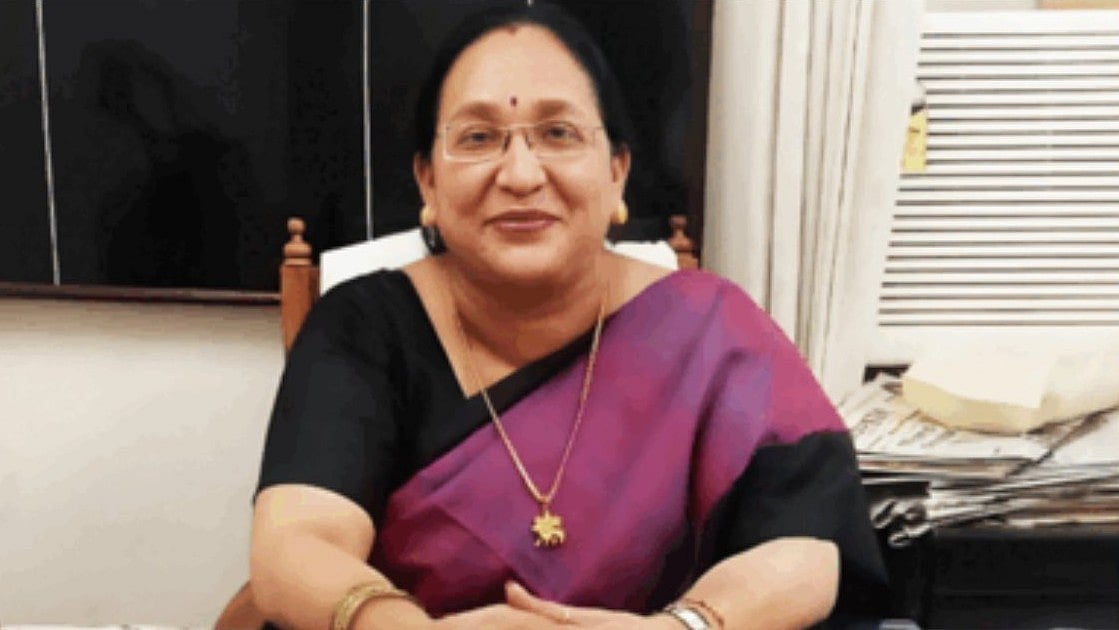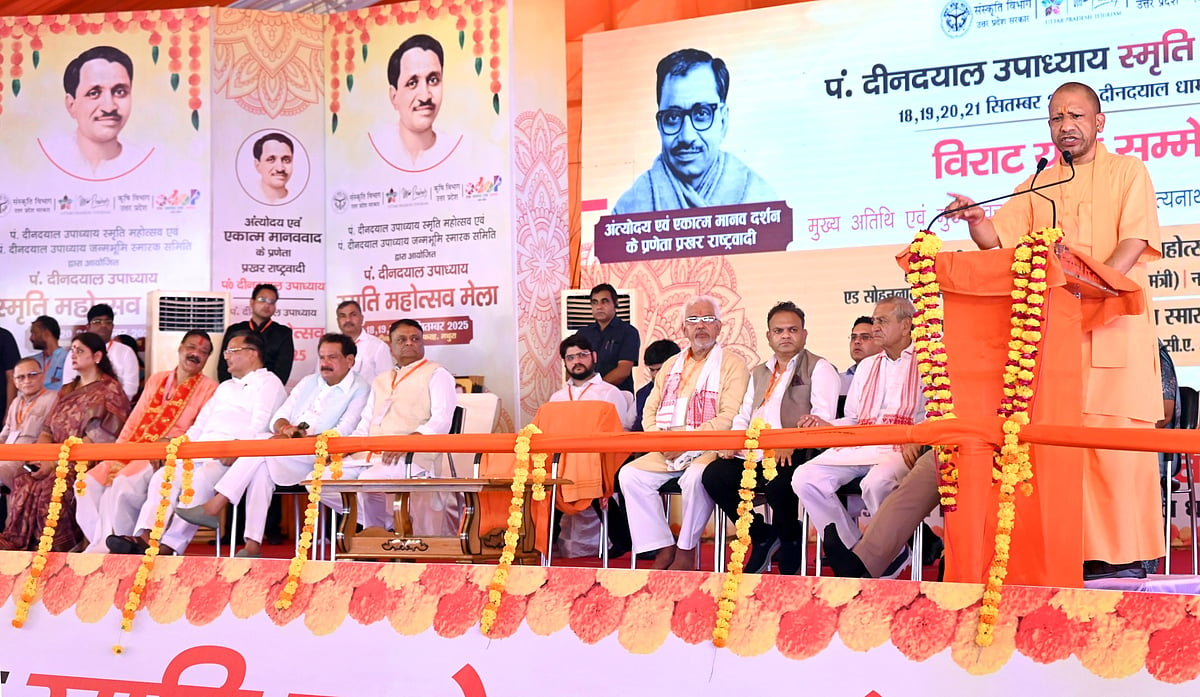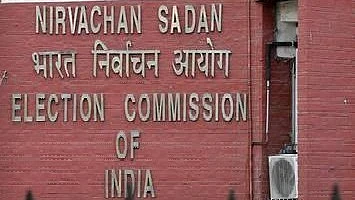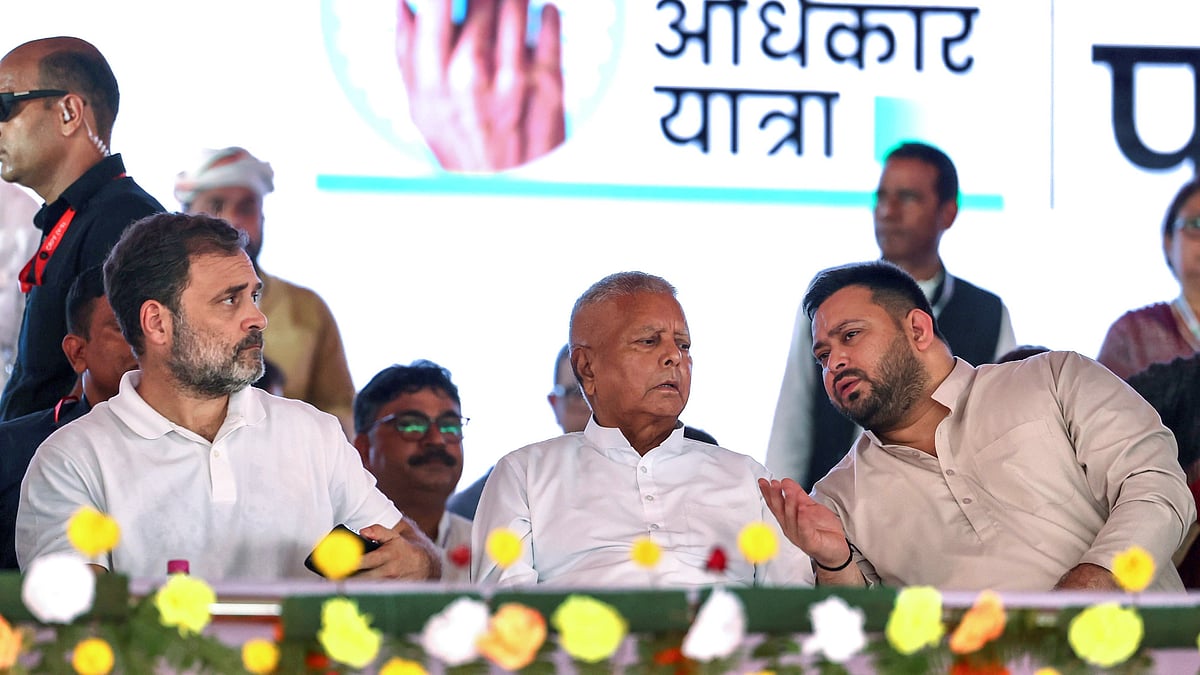Chennai: In a ruling affirming the constitutional rights of LGBTQIA+ individuals, the Madras High Court has ordered the release of a 25-year-old woman who was allegedly held against her will by her family for being in a same-sex relationship. The court emphasized that personal liberty, including sexual orientation and choice of partner, is a fundamental right under Article 21 of the Constitution.
The habeas corpus petition was filed by the woman’s partner, referred to as M.A., seeking the production and release of her friend, D., from alleged illegal custody by her father. The case was heard by Justices G R Swaminathan and V Lakshminarayanan.
During the proceedings, the detenue, D., was produced in court along with her mother. The judges conducted an in-camera interaction with D. in accordance with Supreme Court guidelines laid out in Devu G Nair v. State of Kerala (2024), which mandate a sensitive and private approach while handling habeas corpus cases involving intimate relationships.
Rejecting her family's claims that D. was under bad influence and required counselling due to alleged drug addiction, the bench noted that D. appeared well-educated and composed, and that such accusations were unfounded. “It would be unfair to accuse her of any kind of addiction,” observed Justice Swaminathan.
D. identified herself as a lesbian and expressed her clear intent to live with the petitioner. She recounted being forcibly taken home, beaten, and made to undergo rituals intended to “cure” her sexual orientation. The court viewed this treatment as a serious violation of her personal liberty and right to self-determination.

The judgment strongly criticised the conduct of the police, who had failed to act on multiple complaints filed by the petitioner, including one addressed to the Inspector of Police, Gudiyatham, on May 5, 2025. The court censured the police’s “rank inaction” and emphasized their constitutional obligation to protect vulnerable individuals, especially those from the LGBTQIA+ community.
Invoking the NALSA (2014) and Navtej Singh Johar (2018) judgments of the Supreme Court, the bench reiterated that sexual orientation is an intrinsic element of identity and liberty. The judges also referred to the Yogyakarta Principles, international human rights standards that affirm the dignity and rights of LGBTQIA+ individuals.
In a poignant reference, the judgment recalled a heartfelt note by Justice Leila Seth, written after the Supreme Court initially reinstated Section 377, criminalising homosexuality. Drawing a contrast, the court expressed empathy for the detenue’s mother but firmly held that her daughter's autonomy must prevail.
The order concluded with a writ of continuing mandamus, directing the jurisdictional police to provide protection to the couple if necessary. It also restrained the family from interfering in the woman’s life.











